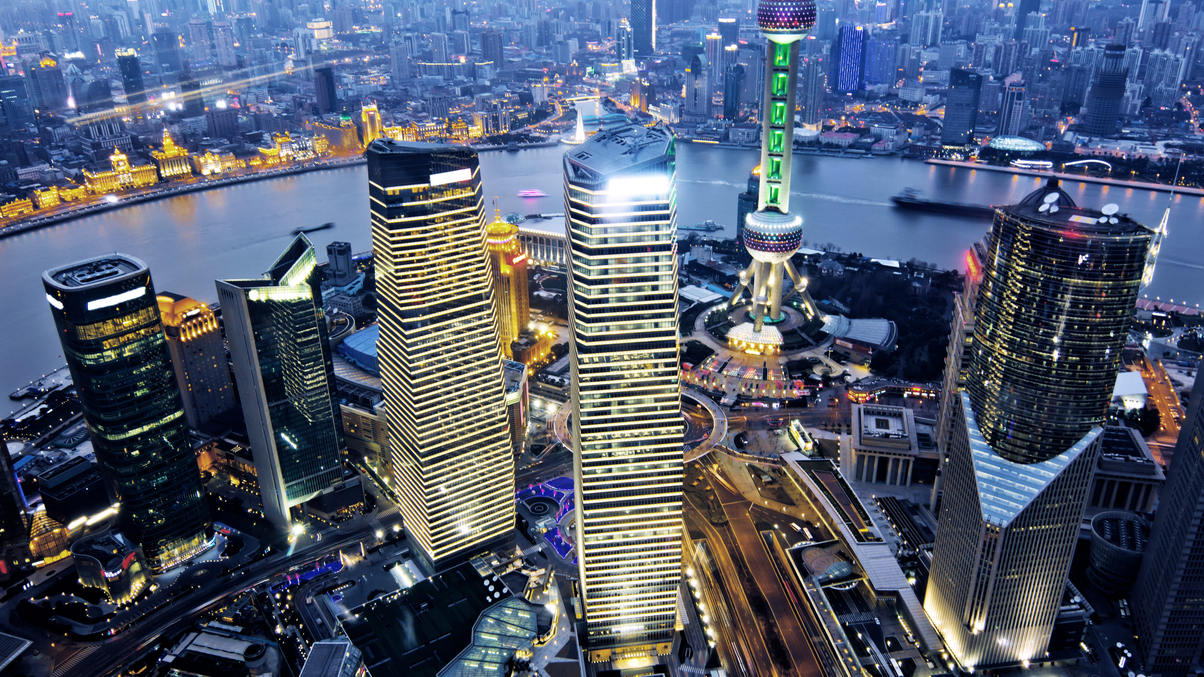Insto roundup: China's private funds hit $3tr; GIC, APG invest in China real estate
Sydney Airport rejects second takeover bid by consortium joined by AustralianSuper; Australia's FSC launches new charter to boost female representation in fund management; China's privately offered funds hit $3 trillion; GIC invests in China warehousing and industrial real estate with ESR Cayman and APG; Japan's new university fund looks to invest in alts and foreign stocks; and more.

AUSTRALIA
Sign in to read on!
Registered users get 2 free articles in 30 days.
Subscribers have full unlimited access to AsianInvestor
Not signed up? New users get 2 free articles per month, plus a 7-day unlimited free trial.
¬ Haymarket Media Limited. All rights reserved.


